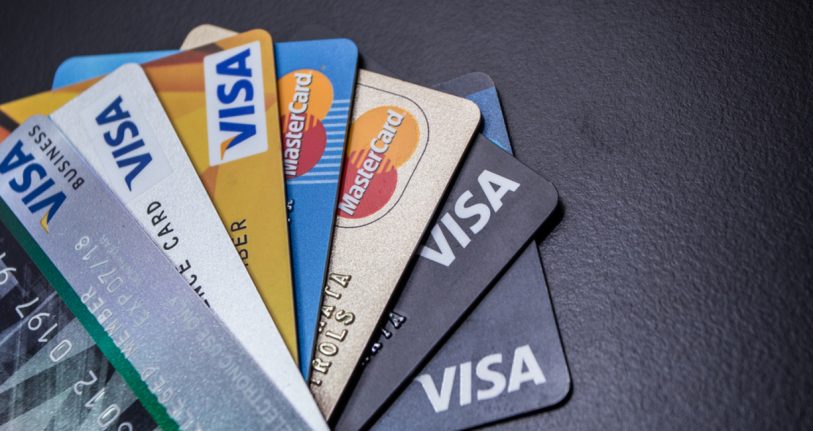Do you panic about using credit cards? Learn how to use them wisely!

Maybe you have thought about having a credit card, but you are too scared to take this step, because you are tired of hearing testimonies of people who have had bad experiences and their credit is on the floor because of not having a discipline in their credit life?
As you know, each head is a world of its own and each person has different experiences in life; everything will depend on the decisions you make.
Don’t let the failure of others limit you from having your own experiences. The issue of credit cards is often nothing more than a myth and, therefore, you lose benefits that these can provide; one of them and I think the most important, is to demonstrate to any entity that you are a financially responsible person. Nowadays, learning how to use credit cards has become an issue of vital importance. This is because credit, like money, has become a fundamental pillar of people’s personal economy.
That is why if you learn how to use credit cards wisely, they can become a financing tool with great benefits for you, but only if you use them wisely, otherwise it can be a headache. You must keep in mind that the problem here is not the plastic (credit card) but not knowing how to use it properly.
Here are some tips for you to put them into practice and start building a healthy credit style. But first, you should know:
1. What is a credit card for? Credit cards are of utmost importance to build a credit history, that is, it is useful for banks or companies to trust you and show them that you are a responsible person and able to pay debts. So the longer you have been in the financial sector, whether with credit cards, debit cards, or different types of credit, the better your score will be and the better your chances of receiving future financing.
2. Don’t have inactive cards.
One of the main mistakes we make when learning how to use credit cards is to assume that the more cards we have, the better our credit history will be.
The problem with this is that, regardless of whether or not you are using credit cards, your borrowing capacity is limited. This borrowing capacity depends on the amount of your income, and it is based on your income that a financial institution determines how much it can lend you.
For example, when you apply for a mortgage loan, the bank will not check which cards you use, but how many you have and what is the total amount you have available to borrow with these plastics, then subtract this value from the possible credit you will receive. If you show that you cannot control your credit cards, the less likely they are to trust you.
3. Do not cancel credit cards constantly.
One of the strategies used by banks or companies to measure your creditworthiness is the time you have had a credit card and the use you have made of it, whether good or bad. Therefore, it is recommended that you do not take out new credit cards under the pretext of promotions or offers offered by commercial establishments. If you already have one or two cards, avoid new cards. Taking advantage of offers only makes you take out credit cards that you are not going to use.
4. Be responsible with your monthly payments.
To know how to use credit cards, you must first understand how they work. The number one factor to take into consideration is time; the longer you take to pay off a debt, the higher the interest will be. What is the ideal number of installments when using a credit card? One, maximum two. Remember that a credit card is not an extension of the credit you already have, but a tool that gives you benefits by spending money you already have.
If you already have the money to pay off your credit card balance, the next month when your debt is due, you should ideally pay it off in full.
5. Don’t get too excited about purchases.
Don’t fall into the trap of consumerism simply because you are taking advantage of benefits or promotions. When you buy a shirt you don’t need just because
it has a 30% discount, understand that you are not saving 30% but you are spending 70% that you can use for other things. One of the main mistakes we make when learning how to use credit cards is to assume that the more cards we have, the better our credit history will be.



